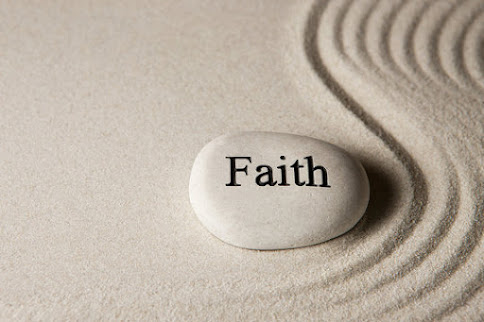If you click over to our church website: www.stpaulsumc.com, you will see our "Peace Blog" and information about our Lenten emphasis on Peace, keyed by the Prayer of St. Francis, and especially the opening line: "O Lord, make me an instrument of Thy peace." Our "slogan," if you will, comes from a Henri Nouwen writing, and it is "Show the Dove!" Obviously, we are hoping folk realize that the dove is the biblical symbol for peace.
Take a moment to click on the "Peace Blog" and share some of your thoughts on peace with us! Or, if you join us for worship, stop at the "Dove board" outside of the sanctuary and write a word of peace, or a brief prayer for peace. Oh, and be watching for the "big dove" that is to show up, too.
"Show the dove" is a way of challenging us all to be peacemakers, following the example of Jesus, the Prince of Peace. It is not always easy to be a peacemaker in these rapidly changing and often acerbic times. What may be a "peacemaking" statement or attempt to reconcile two positions today could well be an incendiary word by the end of next week. With the polarization of our politics, it is almost impossible to "talk politics" with friends or relatives without someone freaking out. But the Gospel compels us to try to make peace, and one of the ways we can do that is to focus on people rather than just positions, problems, or parties.
John Wesley, founder of the Methodist movement, is credited with the following statement (said in my words, not Wesley's 18th Century ones): In the essentials of the faith, UNITY; in the non-essentials of the faith, LIBERTY--we think and let think; and in all things, CHARITY (love). For Wesley, the "essentials" were the "faith basics" of Christianity: recognition of Jesus Christ as the Son of God; the Bible as the Word of God; and the church as the Body of Christ, active in the world. If we ascribe to these essentials, Wesley would declare us fellow Christians. Note, however, that the "non-essentials" would include A LOT of stuff we fight over--politics, hot-button social issues, race, economic class, which team is the better team, etc. He called them "non-essential" because your views about these things do not qualify or disqualify you from being a child of God. By "think and let think," Wesley meant we could have spirited debate about these, even seeking to persuade the other to see our view, but at the end of the day (or the conversation), we should be able to find our way back to the essentials and be sisters and brothers together. Peace does not have to be disrupted by our politics or loyalties. (In the political spectrum, consider that James Carville, a sharp-tongued, Democratic strategist and spokesman, is married to Mary Matalin, an outspoken Republican strategist, and from every evidence, they have a wonderful and loving marriage!)
Peace does not have to be impossible because of someone's religion, or their skin color, or their personal interests. Jesus seemed to do quite well with all kinds of people, although we have to admit that religious leaders gave him the most fits.
Ask yourself: when DO I have a problem being at peace or being peaceful around others? The answer to this question sets the agenda for your next personal and spiritual "homework assignment." (My answer to this question is easy: DRIVING--I am not a patient driver. I only wish I could do better with the peacemaking part of this! I'm trying, but it's going to take a whole lot of God and lot less of me to bring peace to this situation.)
Here's a peace of Good News linked to my last "driving" confession: We're not alone in this pursuit. The Prince of Peace is on our side. May God's presence and God's Spirit help us all in our pursuit of peace, our work for peace, and our efforts to be peacemakers! Remember, "Show the Dove," my friends! Shalom...
P.R.O.D. blog is my way of keeping a voice in the midst of the channel noise, and to keep speaking after retiring from the Christian pulpit after 36 years of ministry in the United Methodist Church.
Tuesday, February 16, 2016
Subscribe to:
Posts (Atom)
Faith, By Any Other Name
Faith, By Any Other Name 1 John 3:1-7 3:1 See what love the Father has given us, that we should be called children of God; and that is w...

-
When Family Breaks Your Heart Romans 9:1-5 9:1 I am speaking the truth in Christ--I am not lying; my conscience confirms it by the Holy Sp...
-
Perish the Rescuing… 2 Corinthians 4:3-6 4:3 And even if our gospel is veiled, it is veiled to those who are perishing. 4:4 In their cas...
-
The Ten Suggestions…Really Exodus 20:1-4, 7-9, 12-20 20:1 Then God spoke all these words: 20:2 I am the LORD your God, who brought you o...


